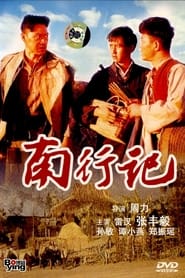detail profile zhang fengyi
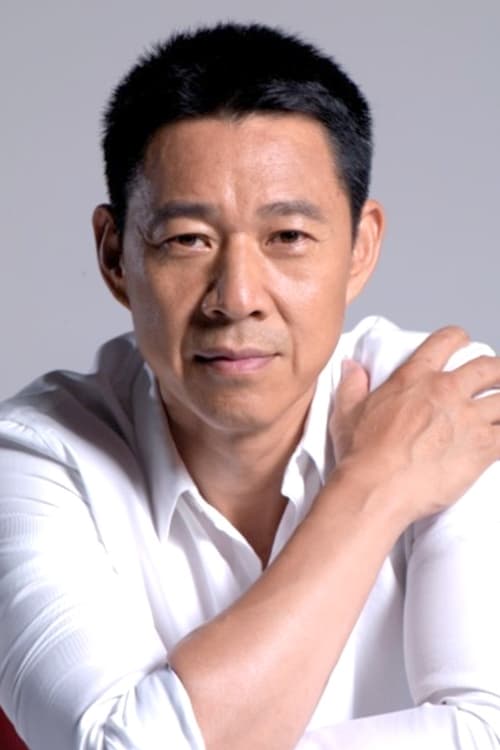
Zhang Fengyi
Zhang Feng-Yi
atau dikenal sebagai
Riwayat Hidup
Zhang Fengyi (张丰毅), born on September 1, 1956, in Changsha, Hunan, is a celebrated Chinese actor best known for his role in Farewell My Concubine, portraying a stage performer caught between political turmoil and personal longing.
He also gained acclaim for playing Jing Ke in The Emperor and the Assassin and the warlord Cao Cao in Red Cliff.
Originally from Tanghe, Henan, Zhang moved to Dongchuan, Yunnan with his veteran father at just one month old.
He left high school in 1971 and began performing with a local opera troupe, later joining a singing and dancing team.
In 1978, he was admitted to the Beijing Film Academy’s acting department.
His film debut came in 1980 with Treasure Hunting in the Desert.
A year later, he earned critical praise for his role in Rickshaw Boy, which cemented his status as a rising star in Chinese cinema.
Info Pribadi
Peran Yang Di Mainkan Zhang Fengyi
 For generations the Zhao family has...
For generations the Zhao family has...Sacrifice 2010
For generations the Zhao family has wielded power, until their mortal enemy TU’AN GU slaughters the entire clan, determined to wipe out their influence forever. But one Zhao baby survives hidden by CHENG YING the doctor who delivered him. When Tu’an Gu learns of the baby’s escape he seizes every infant in the city, vowing to kill them all unless the Zhao baby is surrendered. As the tyrant’s soldiers arrive at Cheng Ying’s home the frantic doctor hides his wife with their own baby whilst surrendering the Zhao child as his own. But his family is discovered; his baby is presumed to be the Zhao heir and murdered along with his wife for harboring the infant. Now set on revenge Cheng Ying enrolls the Zhao orphan into the service of the Tu’an Gu household, plotting to use him as an instrument of vengeance when he comes of age.
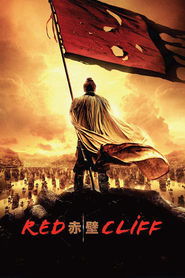 In 208 AD in the final days...
In 208 AD in the final days...Red Cliff 2008
In 208 A.D., in the final days of the Han Dynasty, shrewd Prime Minster Cao convinced the fickle Emperor Han the only way to unite all of China was to declare war on the kingdoms of Xu in the west and East Wu in the south. Thus began a military campaign of unprecedented scale. Left with no other hope for survival, the kingdoms of Xu and East Wu formed an unlikely alliance.
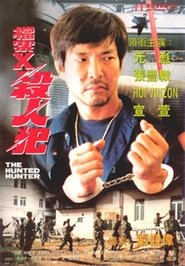 The Hunted Hunter is a Hong...
The Hunted Hunter is a Hong...The Hunted Hunter 1997
The Hunted Hunter is a Hong Kong Crime movie starring Yuen Biao
 The Avenger a brooding swordsman armed...
The Avenger a brooding swordsman armed...Sun Valley 1995
The Avenger, a brooding swordsman armed with a blade marked "Slayer of 1000 Armies" claims he's waiting for a long-missing friend, at an outpost in Northwest China's Sun Valley. The Avenger suffers an intense fear of blood, from being the only survivor of his clan's massacre. The sight of blood propels him into a killing fury. Winter is setting in, so the local horse trader Black Bull, and most of the valley's men, prepare to drive a herd to market, leaving behind Black Bull's girlfriend, a feisty innkeeper.
 Before the breakout of the SinoJapanese...
Before the breakout of the SinoJapanese...Flying Tigers 1995
Before the breakout of the Sino-Japanese War, Hong, Wang, and Peng were best friends. Hong and Wang secretly joined the local guerrillas after the Japanese began invading China. Hong ran a small business and Wang worked as a courier for a Japanese trading firm, hiding their true identities in order to collect intelligence on the Japanese for the Eight Route Army, and established a railway guerrilla unit. Wang soon found out that the trading firm he was working for was indeed an intelligence unit of the Japanese. They infiltrated the Japanese special forces and eliminated many Japanese. Suspicions arise from the Japanese as to the real identity of the individuals suspected of being part of the railway guerrilla forces, so called Flying Tigers unit, so the Japanese began to form a counter-spying operation and other under-handed means by recruiting Chinese traitors to uncover and eliminate them all.
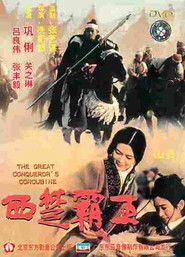 Insurrection deposes the tyrannical first emperor...
Insurrection deposes the tyrannical first emperor...The Great Conqueror's Concubine 1994
Insurrection deposes the tyrannical first emperor of China during the evil Qin Dynasty. Warrior/general Xiang Yu and the cunning peasant Liu Pang join forces to win through civil war. Xiang Yu's weakness for Lady Yu combine with Liu Pang's treachery result in Liu founding the legendary Han dynasty
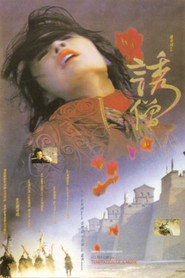 Near the beginning of the Tang...
Near the beginning of the Tang...Temptation of a Monk 1993
Near the beginning of the Tang dynasty, in 7th century China, General Shi Yan-sheng is tricked into leaving the crown prince unguarded. The crown prince is murdered by one of his brothers who then becomes emperor. Shi retreats to a monastery, perhaps to hide, perhaps to plan a coup. When his loyal troops as well as the princess he desires are slain, he seeks refuge in a remote, abandoned monastery where an aged abbot schools him with practical, earthy teachings. The emperor's forces pursue Shi: first a woman, then a general seek to overpower him with lust and might. Over the course of the film, the reds of battle give way to blues of meditation.
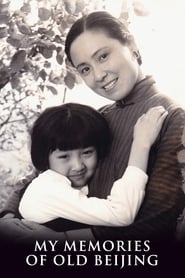 It is the late 1920s when...
It is the late 1920s when...My Memories of Old Beijing 1983
It is the late 1920s when six-year-old Yingzi and her family move to Beijing. As Yingzi explores the busy streets and alleys, she befriends a widow who, driven mad by grief, stands vigil at the entrance of her hutong, waiting for her missing daughter to return.
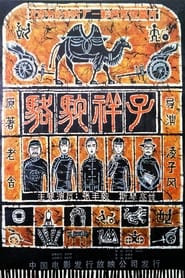 Xiang Zi is a rickshaw boy...
Xiang Zi is a rickshaw boy...Rickshaw Boy 1982
Xiang Zi is a rickshaw boy who has always had a desire to excel and a thirst for freedom. He married Hu Niu who died of dystocia later. After her death, another girl, Xiao Fuzi, falls in love with Xiang Zi but they are separated by poverty. Xiang Zi works very hard in order to change his life, only to find that Xiao Fuzi is dead just as he begins to be hopeful for their future. Finally, Xiang Zi, an unflinching man, surrenders to that dark society.
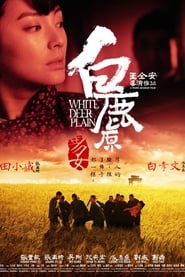 In the White Deer Village in...
In the White Deer Village in...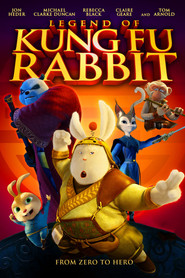 In order to keep his promise...
In order to keep his promise...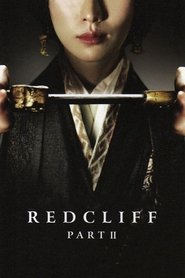 The battle of Red Cliff continues...
The battle of Red Cliff continues... In preunified China the King of...
In preunified China the King of...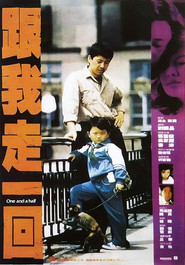 After getting out of prison Ma...
After getting out of prison Ma...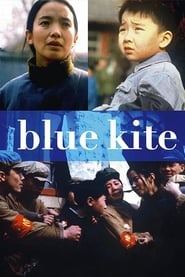 A young man recalls his childhood...
A young man recalls his childhood...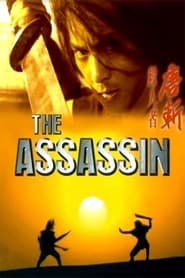 A poor farmer who loves a...
A poor farmer who loves a...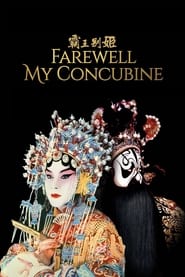 Two boys meet at an opera...
Two boys meet at an opera...